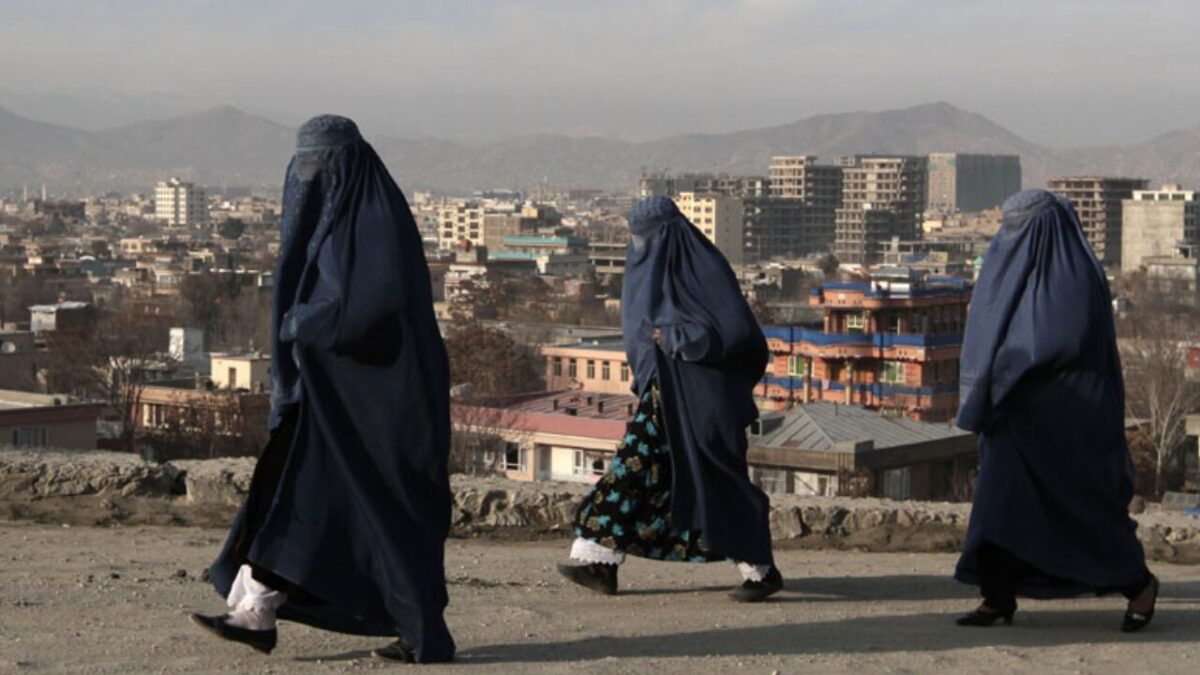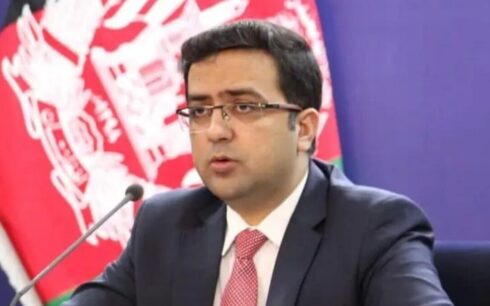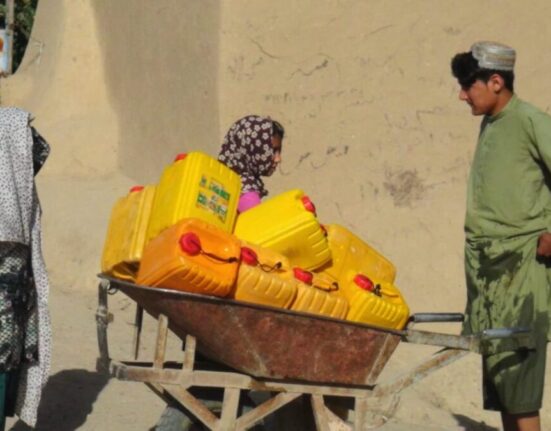As the world marks the International Day of Democracy on September 15, Afghan citizens voiced their despair over being deprived of basic freedoms, with women and girls bearing the brunt of the Taliban’s restrictions.
Since the group’s return to power in 2021, Afghans say they have seen their rights eroded, particularly the right to education for girls and young women.
This year’s theme for the International Day of Democracy, designated by the United Nations, is Artificial Intelligence as a Tool for Good Governance. The theme emphasizes the need for effective governance of AI at local, national, and international levels, ensuring its benefits while minimizing its risks.
In his message marking the occasion, U.N. Secretary-General António Guterres underscored the importance of democracy, calling the day an opportunity to reinforce core principles, including freedom of speech, civil liberties, the rule of law, and the protection of human rights.
The State of Democracy in Afghanistan
Since the Taliban seized control of Afghanistan in August 2021, human rights organizations, along with the United Nations, have repeatedly raised concerns about the worsening human rights situation. In particular, women and girls have faced severe restrictions, including being banned from secondary schools and universities. According to the latest report from UNESCO, more than 1.4 million Afghan girls are currently barred from receiving an education.
Women who once had the opportunity to shape their futures now feel abandoned. Hafiza Mohib, a former medical student in Kabul, expressed her frustration: “I was a medical student, but with the arrival of the Taliban and the closure of universities for girls, I—like many others—was forced to give up my education. This has shattered our morale and destroyed our dreams.”
Another student, Raihana, echoed these sentiments, emphasizing that the lack of educational opportunities remains a significant barrier for Afghan girls. “For three years, girls above grade six have not been allowed to attend school. We are denied the right to learn and grow,” she said.
A Troubled History of Democracy in Afghanistan
Afghanistan’s struggle with democracy has been long and tumultuous. Between 1962 and 1972, the country experienced a decade of relative democratic rule, which saw five different prime ministers in office. During this period, the constitution enacted under King Mohammad Zahir Shah guaranteed political, social, and economic freedoms. For the first time, government positions could be filled by individuals from outside the royal family.
Following the fall of the Taliban in 2001, Afghanistan adopted a new constitution in 2003 that granted the right to vote and ensured civil liberties. For nearly two decades, democratic elections were held, and Afghan citizens, including women, participated in public life.
However, the Taliban’s return to power in 2021 marked a reversal of these democratic gains. The constitution has been largely ignored, and the country is now ruled by a regime that offers little in terms of rights or freedoms. The most affected are women and girls, who continue to be stripped of their ability to participate in public life and make decisions about their futures.
As the world reflects on the significance of democracy, the voices of Afghan citizens highlight a stark reality—one in which their hopes for freedom remain uncertain under Taliban rule.





